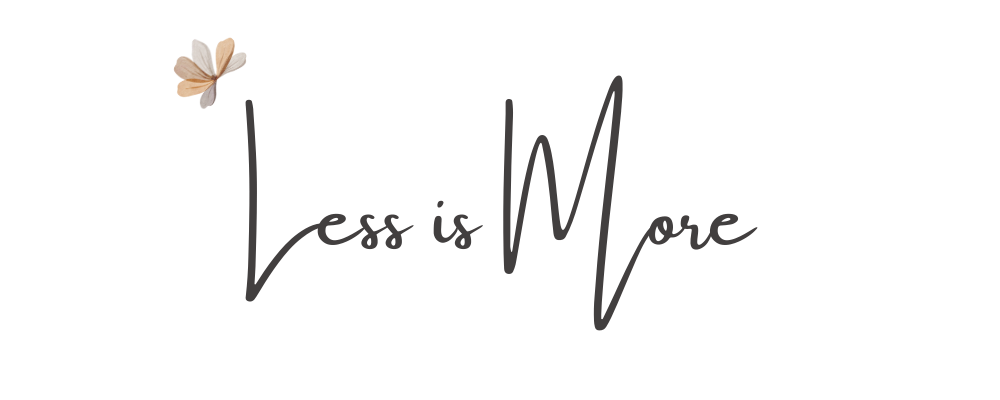Just a blog post from today in how to differentiate between being productive and cluttering
Posted by: admin 3 years, 7 months ago
(Comments)
.jpg)
BlockQuote
All right. Okay, so today, I want to talk about getting productive versus the syndrome of getting some things, which means buying stuff.
Being productive or we just cluttering
How to find this out
Productive vs cluttering
Sometimes it's tough to differentiate, which one actually being productive, by adding more product, or something useful and good in the value with acquiring the product or acquiring stuff that it's actually at the end, make us cluttering our wardrobe or our desk, or our life, human, for example, like at this point I really love the hobby of making some story in an image, or in a video, which is actually kind of, kind of normal things, because it's like during pandemic people basically have a limitation to travel or communicate with others so you know like they rather go somewhere, and buying stuff. Now, and making something the product is in their home. And I have, like, quite sufficient care to make some story and image and so on. But at the same time, I always thinking of improving, and, you know, adding more gear, that is actually. I thought in the future will improve my product. But when it comes, and it's like relevant everything going in parallel, align, like you know, having better gear and being productive in the making the story and image and video when it's good, but what's going on is like we also have one variable, which is time. The time is something that limited, it's, it's very, very limited. We do not have so much time in making the video, but at the same time, we also do research on buying products, so it's sacrificing others, and it makes that you are buying more stuff instead of making more valuable products. And this is something that dangerous. Both things are actually kind of therapy to make you feel better, and you are feeling good. First Aid Are you buying the product? Are you making a product? However, it's so easy to buy a product instead of making a product, but simple instead of making Philex, I rather buy a lens or a new camera. And this is not good. So, these notes that I want to mention. Also, I want to make it clear, at least for myself, that better being productive on making things because it will make you feel good at the end instead of buying things and try to be focused on what you have right now, instead of thinking what you're going to have in the future. And it's, believe me, this is something that it's will help you in the future, that good thing from this point. Okay. Another thing is also during this pandemic right, you know, people sometimes have no limitation on Mega research right. They are going to YouTube, go into some blogs, go into some companies and website, and check about one product to the other productive things. Then at the end, they justify their buying buy, okay. I want to buy this because basically, you don't need it, it's just you want to feel good by buying it so I would rather not go on it. Okay, cool. One thing's this block, at this point, what is not, I'm typing this. This is all from otter.ai is an excellent product that records and translates every word that I talked into Word and letter. I will copy it in my blog and make it part of a blog and fix it with Grammarly. And yeah, oh well, they even check whether the cups of the word is already correct or not. Of course, they are not perfect, but it's really cool. So thank you. It's taken five minutes for me to talk instead of the pipe. I believe when I'm typing this, it will take me like 15 minutes or 20 minutes more. Now it's time to collecting all of them. So okay, what's the summary here. The first is, try to differentiate between. You want to feel good, or you want to feel that you are content. That's the first one. The second one tried to really differentiate which one you try to create a product or clutter yourself with more product. And the third focuses on what you have right now instead of thinking about what you don't have and, and then you are trying to find the utopia that I will make something better. What if I have this thing? If I will have that thing. Okay, so try to avoid that. No, I think that's all the focus. That's very important. That's the last one. Okay, that's my notes for today. Thank you for reading it or listening to it, whatever you do. And yeah, I love people and use the product because the opposite doesn't work. That's from the minimax.
Are you agree?
read also
Sub-title
Sub-title smaller
Sub-title smaller
Content
read also
Kenapa sekolah PhD butuh waktu lama!?
Recent newsKali ini kita akan bahas kenapa sekolah PhD itu lama! Tanpa panjang lebar, berikut cara ngeles gw! Maksudnya berikut alasannya! Hope its relate with you!
read more4 days, 4 hours ago
Using Vertex AI for zero one and two three AI prediction
Recent newsHere is my documentation after learning the introduction of AI in courserERA.
read more3 weeks ago
Neural network with API for pre-trained API
Recent newsOverview
The Cloud Natural Language API lets you extract entities from text, perform sentiment and syntactic analysis, and classify text into categories.
read more3 weeks, 2 days ago
what is null result
Recent newsNull result in economic is when the output does not supporting your hypothesis
read more3 weeks, 4 days ago
3 weeks, 4 days ago
Fixing the issue in assumption of OLS step by step or one by one
Recent newsHi, I want to raise the issue related to know whether your OLS is ok or not.
read more1 month, 3 weeks ago
Meaning of 45 degree in economics chart
Recent newsThe **45-degree line** in economics and geometry refers to a line where the values on the x-axis and y-axis are equal at every point. It typically has a slope of 1, meaning that for every unit increase along the horizontal axis (x), there is an equal unit increase along the vertical axis (y). Here are a couple of contexts where the 45-degree line is significant:
read more2 months, 3 weeks ago

Collaboratively administrate empowered markets via plug-and-play networks. Dynamically procrastinate B2C users after installed base benefits. Dramatically visualize customer directed convergence without



Comments